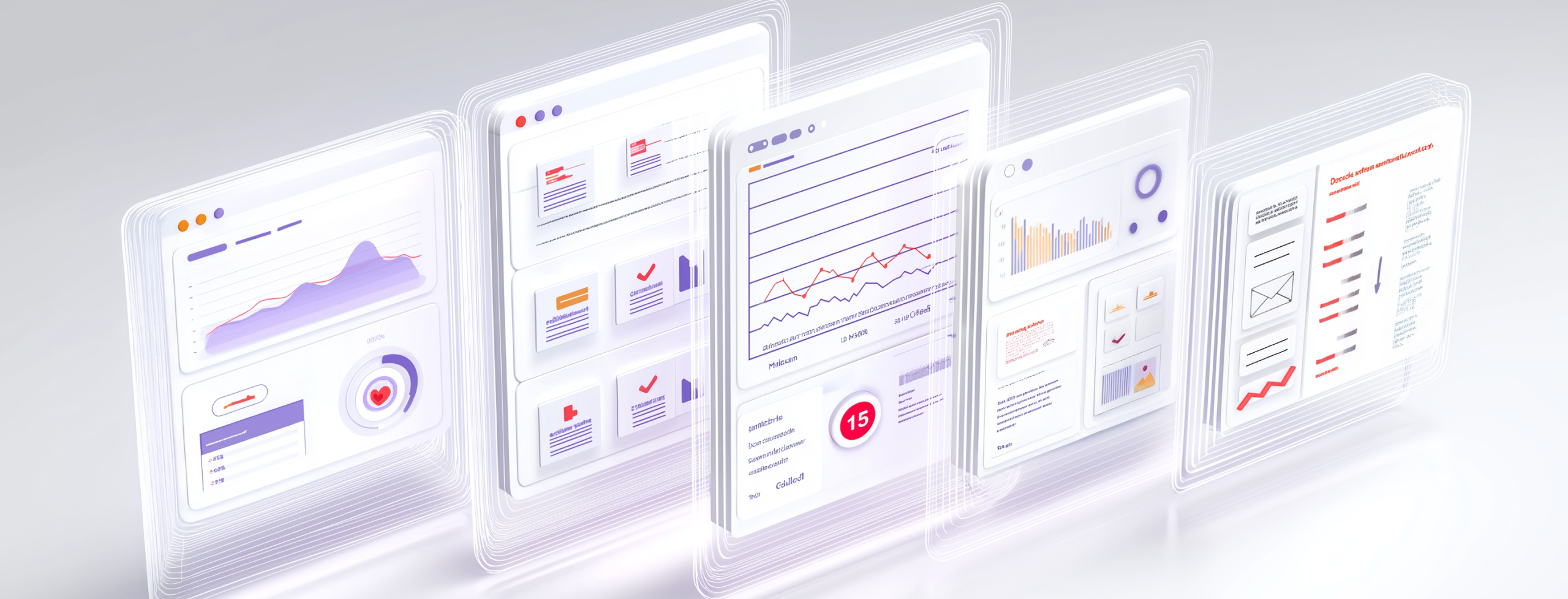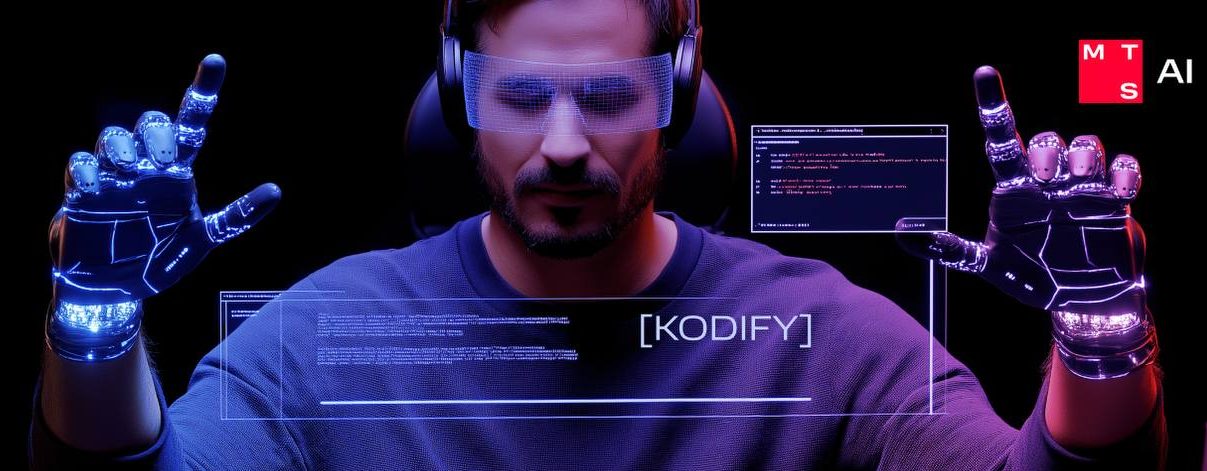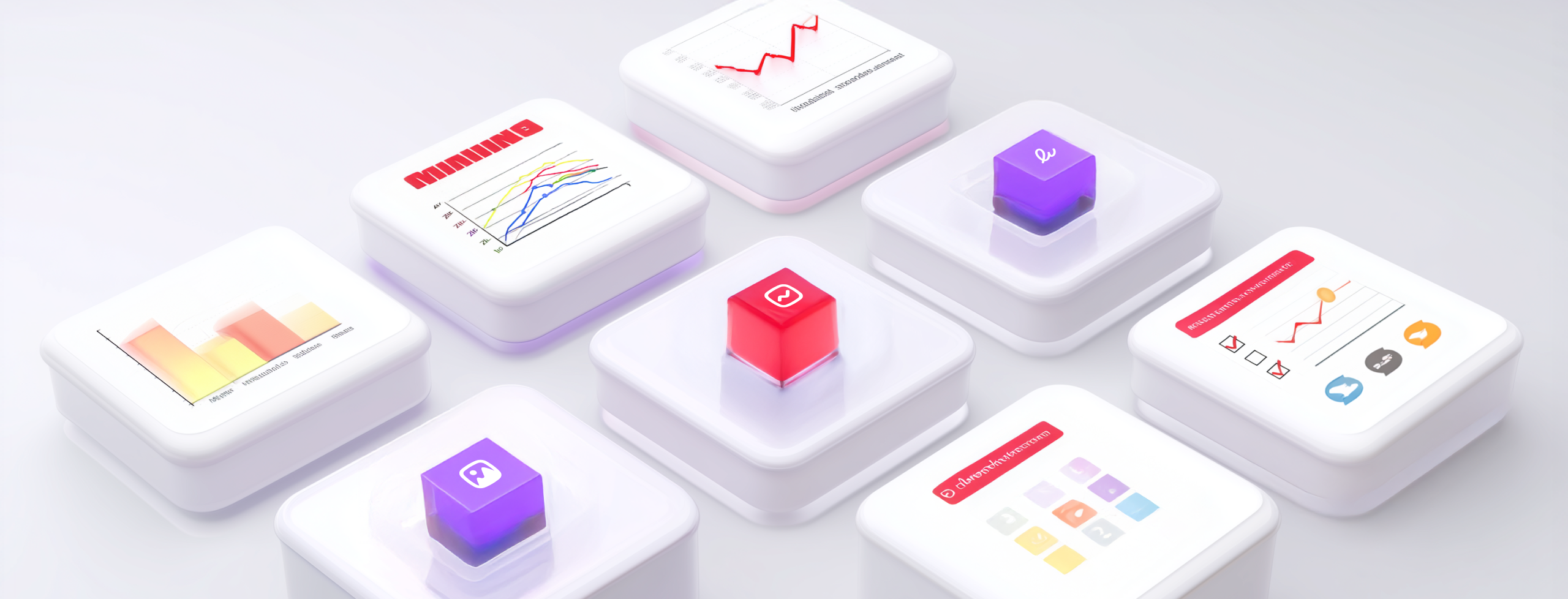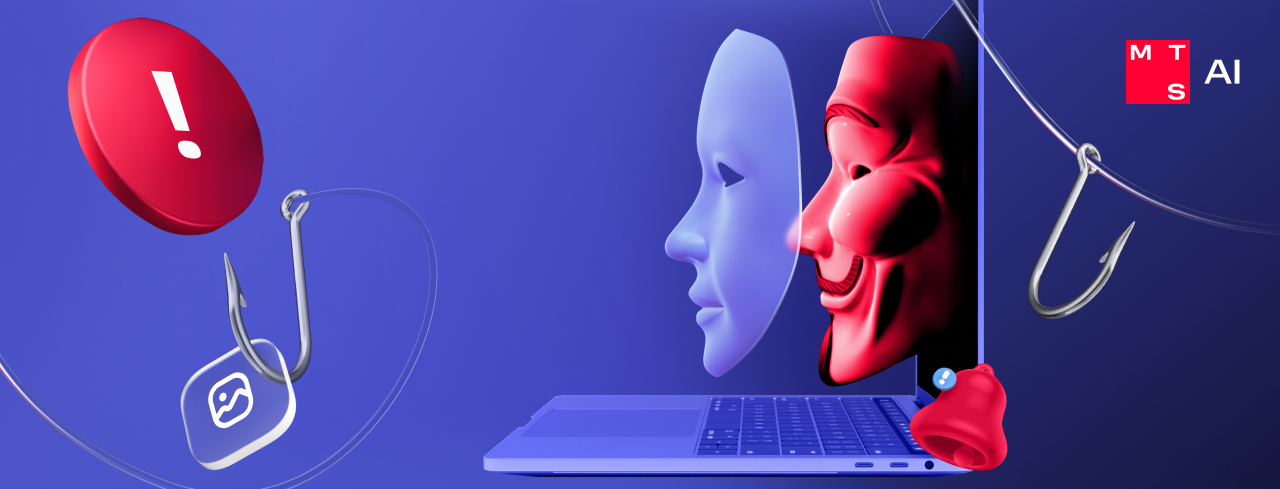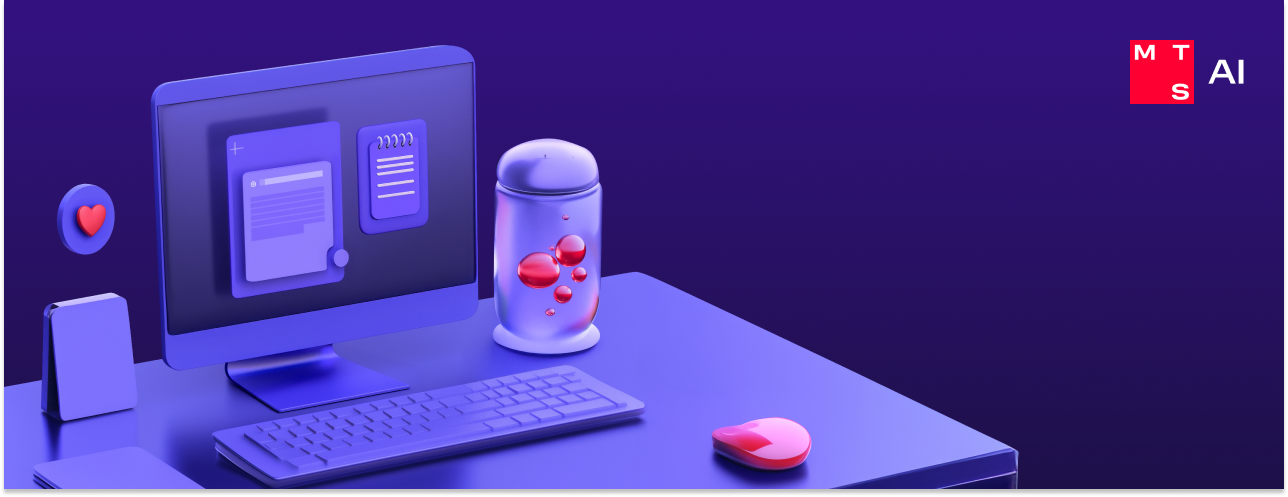A voice bot takes subscriber calls in six regions of the country and advises clients on the services, personal account status, and on enabling/disabling various services.
AI operator for MTS Call Center
Telecom providers are in pursuit of continued improvement of customer service quality. One of the measures of such improvements is the ability of provider’s call center to promptly answer client calls and advise clients on enabling and disabling various services, help them pick a plan and handle other requests 24/7.
Furthermore, call center automation allows them to maintain high standards of service even during interaction with difficult clients: the voice bot will stick to the script, always speak politely and will never get ill.
On the other hand, clients no longer have to wait on the line for an available operator or endure a conversation with an operator who forgot the script.
MTS came to MTS AI with a proposal to develop a customer service at call centers to be used simultaneously with the existing IVR. The project was intended to minimize operators’ work load and improve the quality of customer service.
MTS AI developers took advantage of Audiogram and created a voice assistant that answers client calls.
Technical features of MTS AI's speech synthesis and recognition platform
Audiogram is a speech synthesis and recognition platform based on neural networks and machine learning techniques. It enables automatic real-time speech-to-text conversion, and it can inversely articulate text using a selected voice with preset intonation and accentuation options.
This MTS AI’s platform can be used to create a wide range of services. These services can recognize speech, do voice-over of audio books with practically human voices, generate subtitles for videos, etc.
One of Audiogram’s key advantages is exceptional performance in a variety of noise conditions, which permits maintaining a conversation with clients when they speak in a very low voice or from locations with excessive background noise. In other words, Audiogram can outperform the human ear.
Another important advantage is the solution’s multi-sectoral model. It enables speech recognition in all business spheres (retail, telecom, banks, etc.) and does not require any additional training.
What did we do?
Deployment of the voice assistant took us around seven months, including the pilot stage. When designing the AI operator service, MTS AI team connected a chat bot built on JAICP platform to the automatic telephone system. They integrated Audiogram’s speech recognition and synthesis modules with MTS Call Center’s software and chat bot via the UniMRCP protocol. Finally, they configured the voice activity detector (VAD) – an algorithm that distinguishes between active speech intervals and pauses.
Result
An experiment to use an AI operator / voice assistant within the MTS ecosystem as part of the customer service package was launched in six regions of Russia. The voice assistant receives incoming calls, transcribes them, sends the text to the chat bot and synthesizes a
verbal response.
The voice assistant has taken more than 150,000 calls monthly. The bot answers questions about the service plans and account balance, and it helps enable and disable provider’s services. Improved customer service has led to a 17-20% boost in customer loyalty.
In the future, MTS will expand the experiment’s coverage to other regions and business areas, such as banking, digital products, and the project will eventually be launched into commercial service.


